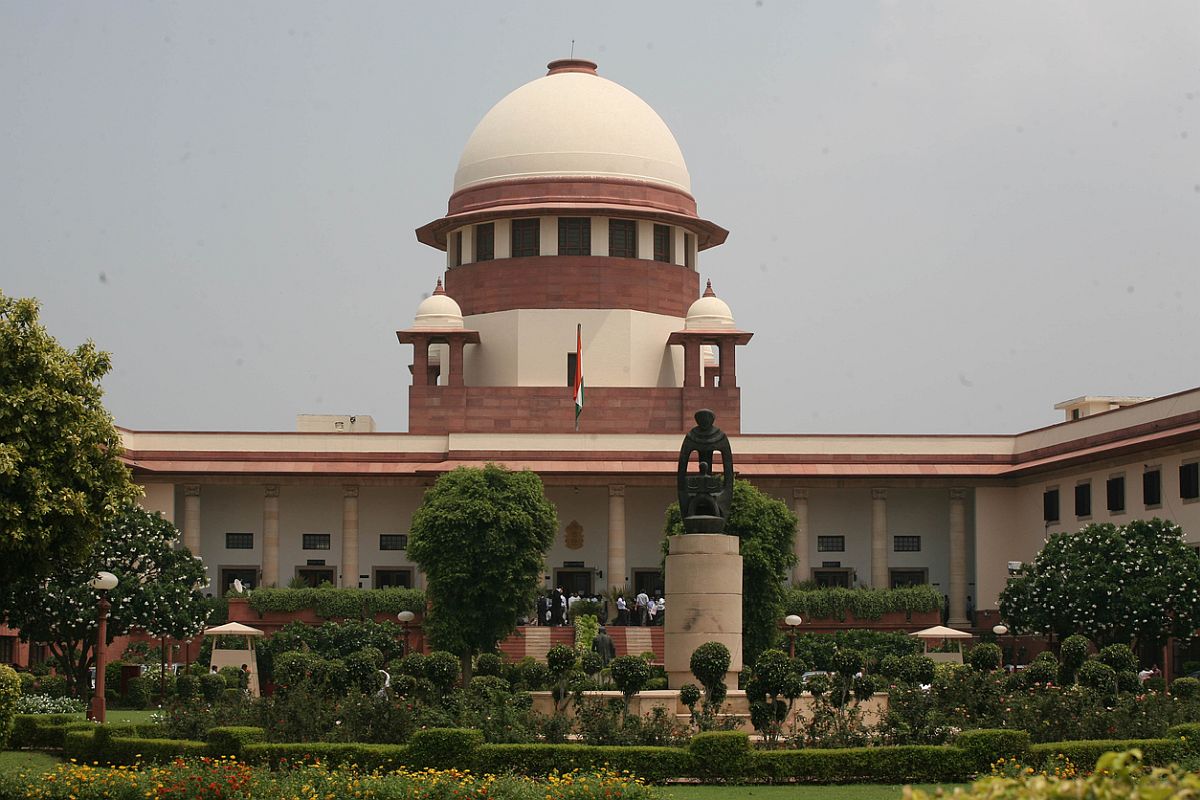In a recent judgment delivered by the Supreme Court of India i.e Vivek Batra vs. Union of India, the Apex Court that the sanction cannot be held invalid only for the reason that in the administrative notings different authorities have opined differently before the competent authority took the decision in the matter. It is not a case where the Finance Minister was not the competent authority to grant the sanction. What is required Under Section 19 of the Prevention of Corruption Act, 1988 is that for taking the cognizance of an offence, punishable Under Sections 7, 10, 11, 13 and 15 of the Act committed by the public servant, is necessary by the Central Government or the State Government, as the case may be, and in the case of a public servant, who is neither employed in connection with affairs of the Union or the State, from the authority competent to remove him. Sub-section (2) of Section 19 of the Act provides that where for any reason whatsoever any doubt arises as to whether the previous sanction, as required under Sub-section (1) should be given by the Central Government or the State Government or any authority, such sanction shall be given by that Government or authority which could have been competent to remove the public servant from his office at the time when the offence was alleged to have been committed.
Sub-section (3) of Section 19 of the Prevention of Corruption Act, 1988 provides as under:
(3) Notwithstanding anything contained in the Code of Criminal Procedure, 1973 (2 of 1974),-
(a) no finding, sentence or order passed by a special Judge shall be reversed or altered by a court in appeal, confirmation or revision on the ground of the absence of, or any error, omission or irregularity in, the sanction required under Sub-section (1), unless in the opinion of that court, a failure of justice has in fact been occasioned thereby;
(b) no court shall stay the proceedings under this Act on the ground of any error, omission or irregularity in the sanction granted by the authority, unless it is satisfied that such error, omission or irregularity has resulted in a failure of justice;
(c) no court shall stay the proceedings under this Act on any other ground and no court shall exercise the powers of revision in relation to any interlocutory order passed in any inquiry, trial, appeal or other proceedings.
Sub-rules (3) and (4) of Rule 3 of Government of India (Allocation of Business) Rules, 1961, read as under:
(3) Where sanction for the prosecution of any person for any offence is required to be accorded-
a) If he is a Government servant, by the Department which is the Cadre Controlling authority for the service of which he is a member, and in any other case, by the Department in which he was working at the time of commission of the alleged offence;
b) If he is a public servant other than a Government servant, appointed by the Central Government, by the Department administratively concerned with the organization in which he was working at the time of commission of the alleged offence; and
c) In any other case, by the Department which administers the Act under which the alleged offence is committed;
Provided that where, for offences alleged to have been committed, sanction is required under more than one Act, it shall be competent for the Department which administers any of such Acts to accord sanction under all such Acts.
(4) Notwithstanding anything contained in Sub-rule (3), the President may, by general or special order, direct that in any case or class of case, the sanction shall be by the Department of Personnel and Training.
The Apex Court has held that it must always be remembered that in a democratic polity like ours, the functions of the Government are carried out by different individuals at different levels. The issues and policy matters which are required to be decided by the Government are dealt with by several functionaries some of whom may record notings on the files favouring a particular person or group of persons. Someone may suggest a particular line of action, which may not be conducive to public interest and others may suggest adoption of a different mode in larger public interest. However, the final decision is required to be taken by the designated authority keeping in view the larger public interest. The notings recorded in the files cannot be made basis for recording a finding that the ultimate decision taken by the Government is tainted by mala fides or is influenced by extraneous considerations.
It is trite to state that notings in a departmental file do not have the sanction of law to be an effective order. A noting by an officer is an expression of his viewpoint on the subject. It is no more than an opinion by an officer for internal use and consideration of the other officials of the department and for the benefit of the final decision-making authority. Needless to add that internal notings are not meant for outside exposure. Notings in the file culminate into an executable order, affecting the rights of the parties, only when it reaches the final decision-making authority in the department, gets his approval and the final order is communicated to the person concerned.
On the reasoning stated hereinabove, the Apex Court eventually dismissed the SLP.
